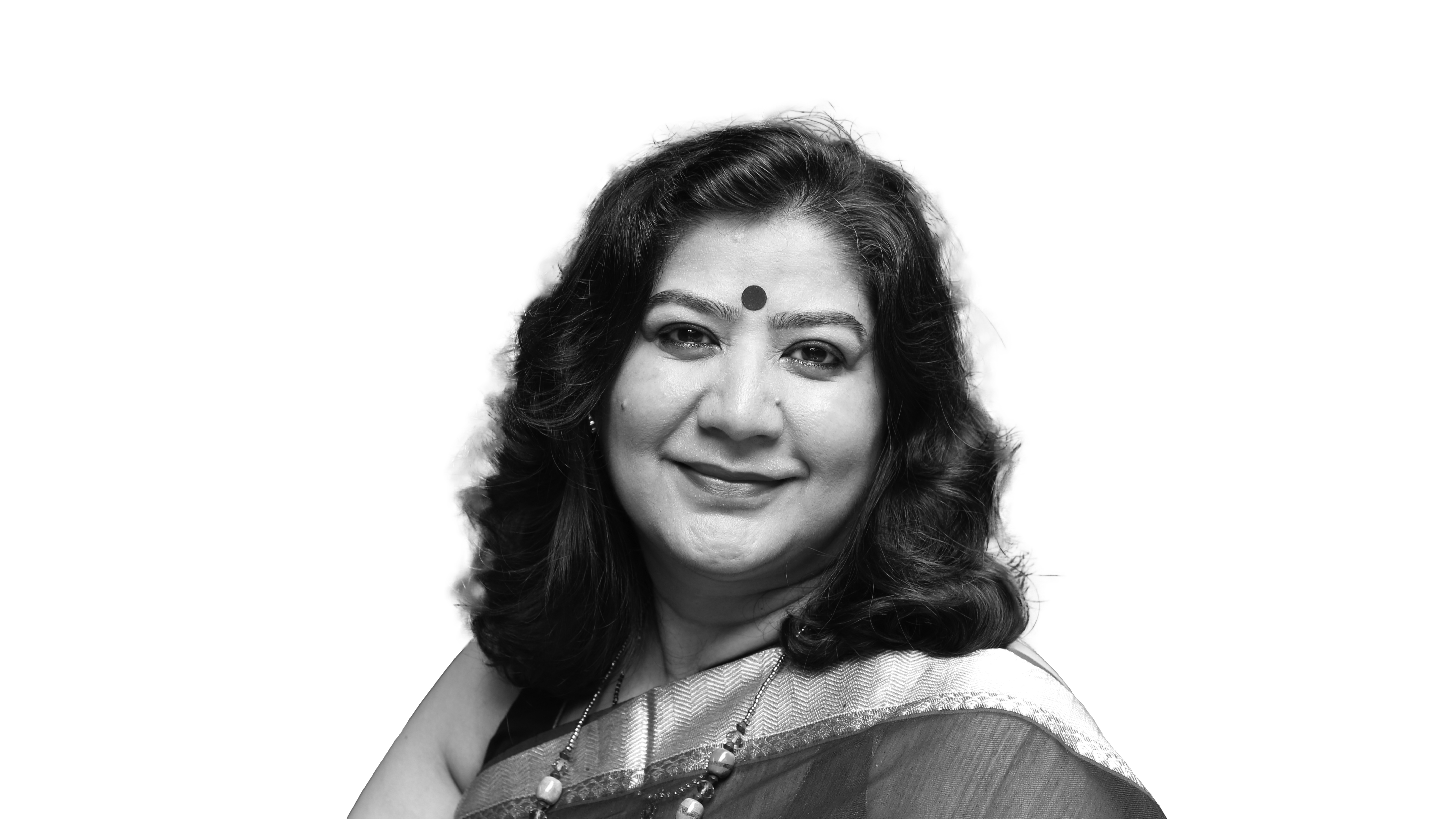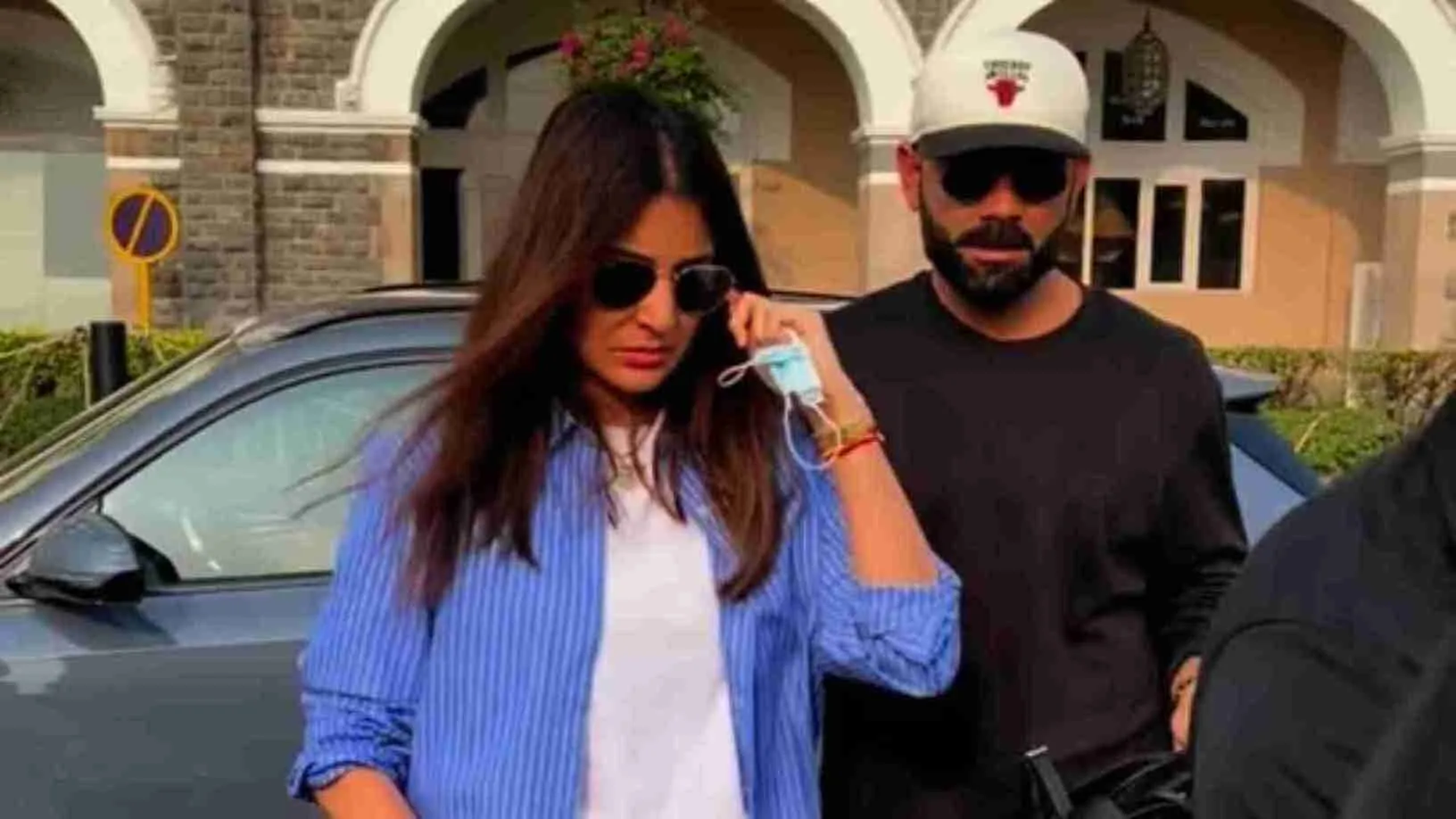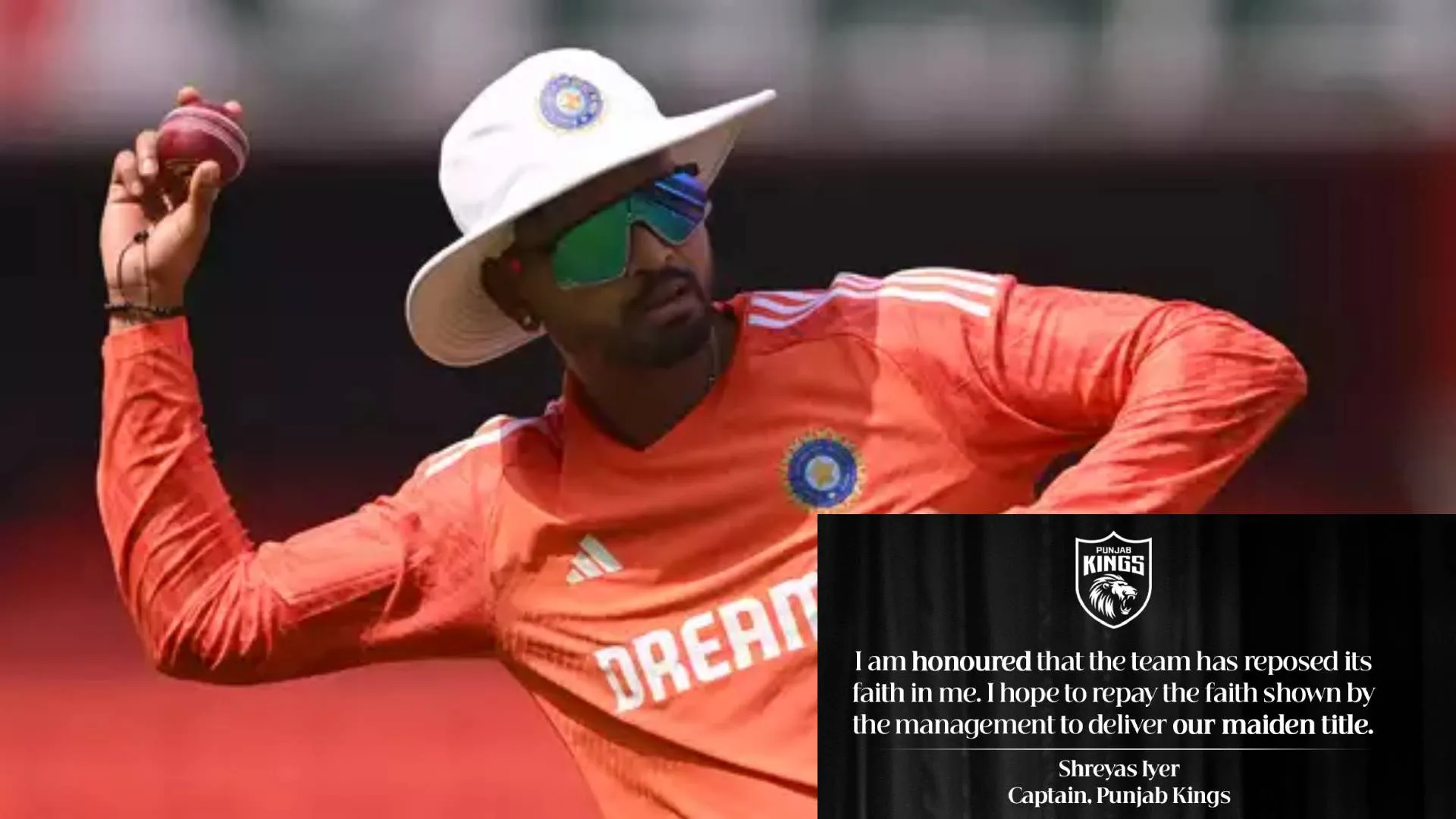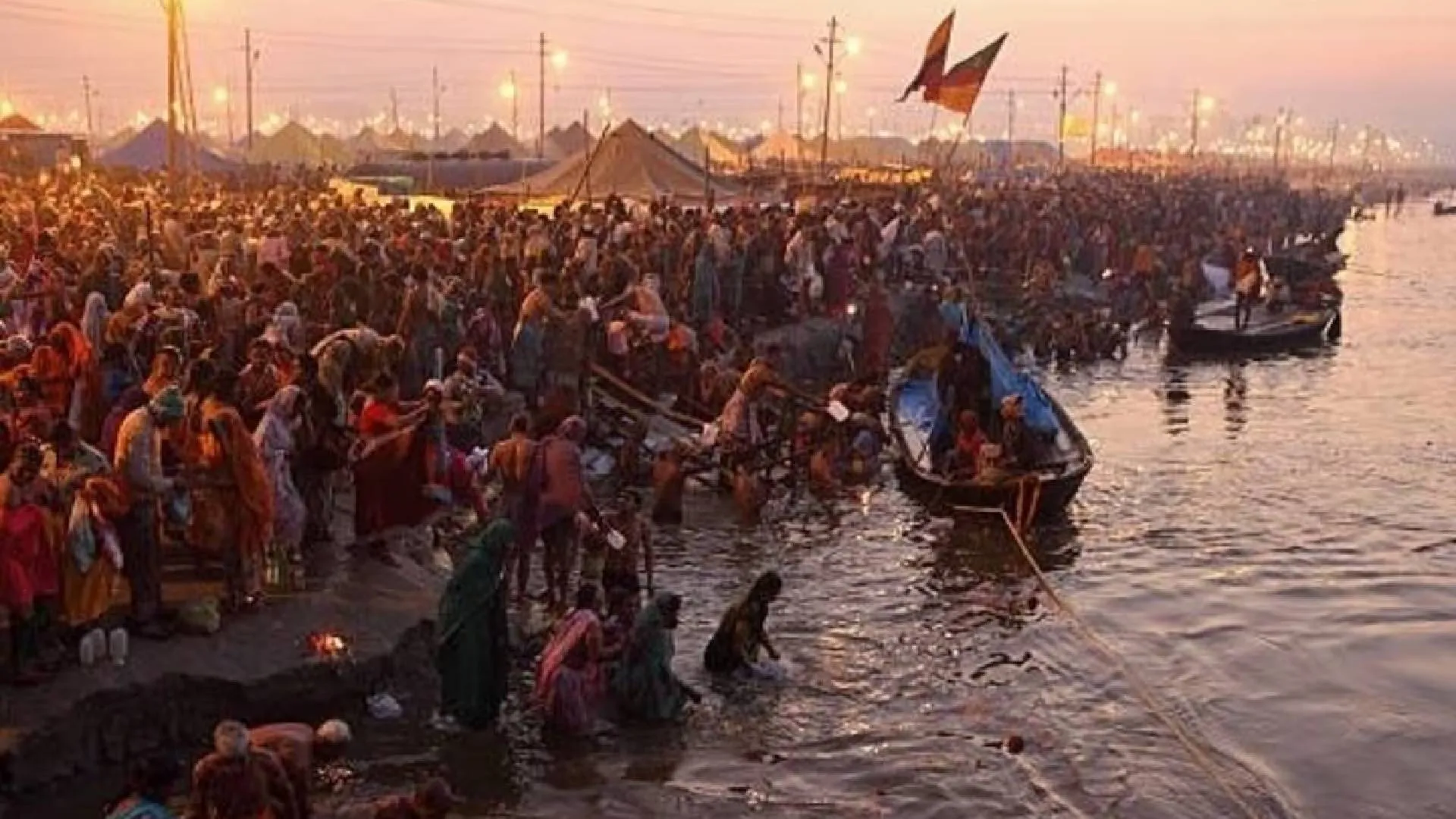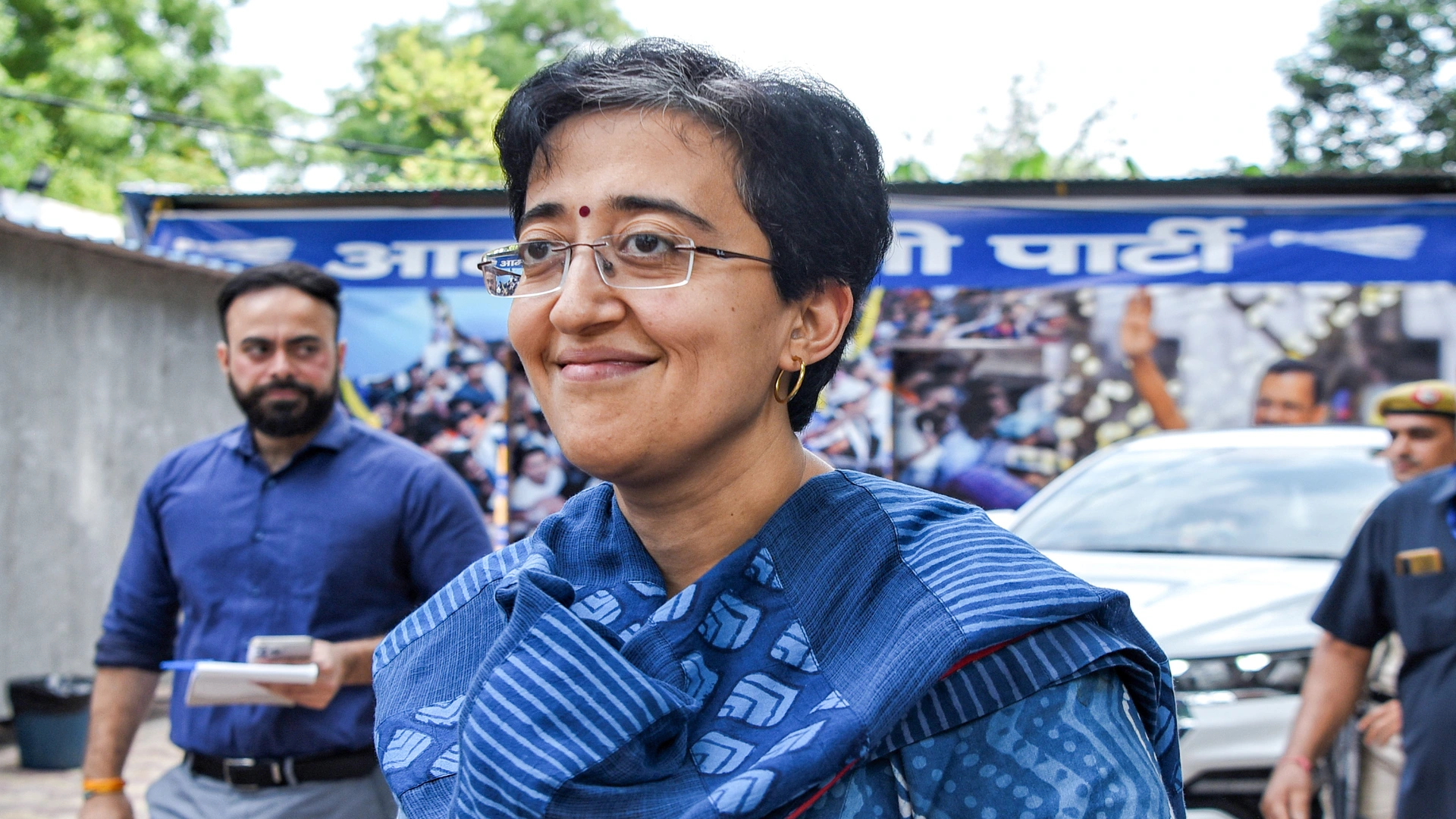The first two months of 2023 are seeing an unseasonal political heat wave. In Khammam Telangana strongman K. Chandrashekar Rao unveiled his national ambitions with the Bharat Rashtra Samiti and managed to bring together a cross-section of opposition parties. In Delhi, Arvind Kejriwal met Jharkhand Chief Minister Hemant Soren in what they termed a “personal and courtesy” calling-on. The Adani issue also brought together all the opposition parties as their MPs protested to demand a JPC probe or a Supreme Court-monitored investigation in the matter. The political heat wave has been further fanned by the Bharat Jodo Yatra of Rahul Gandhi and the Bihar rallies of Nitish Kumar as well as the BJP.
Whether these meetings, protests and rallies eventually translate to anything noteworthy at the hustings is something we will find out next year. The Modi juggernaut has decimated opposition at the national level and brought it to such a low that there is no party with enough seats in the Lok Sabha to be eligible for the role of leader of the opposition in the lower house of Parliament. Constitutionally, the official post of leader of the opposition goes to the leader of the party with the highest seats in Lok Sabha which is not in power with the caveat that the said political party also has at least 10% share of seats in Lok Sabha. Since 2014, this position has been vacant as no opposition party has won 10% seat share in Lok Sabha since then.
Regionally, the current situation has 11 plus 5 states ruled by BJP or its allies, while opposition parties are ruling 14 states. For regional parties and their leaders to try to take on BJP at the Centre, a coalition is the obvious path to tread.
KCR has sounded the bugle of his national ambitions with the creation of Bharat Rashtra Samiti as the all-India face of his party Telangana Rashtra Samiti. Though he was able to get several opposition leaders to come for his party, he was able to get only three sitting Chief Ministers—Arvind Kejriwal and Bhagwant Mann of AAP, and Pinaryi Vijayan from CPIM. D. Raja of CPI and Akhilesh Yadav of SP were present.
However, more interesting is the list of those who may have been invited but probably declined—KCR had met Stalin (Tamil Nadu), Nitish Kumar (Bihar), Mamata Banerjee (West Bengal), Tejashwi Yadav (Bihar), Sharad Pawar (Maharashtra), Uddhav Thackeray (Maharashtra) and Hemant Soren (Jharkhand) before the Khammam rally. Though no one revealed what happened at these meetings, the inference may be drawn that KCR went with invitations.
Obviously, there are hiccups in the way of all opposition parties coming together. If some parties are open to the idea of creating a new front minus the Congress, there are others who want Congress to be part of the alliance. But given the continual downward slide of the Congress, whether a Congress-led opposition will work remains to be seen.
Roadblocks in the way of a united opposition front are the personalities in the fray. Mamata Banerjee will never shake hands with the Communist parties. Kejriwal, who ate into the Congress vote share in Gujarat, will never align with any alliance featuring the Congress.
Nitish Kumar, for all his posturing of not being in contention for the prime ministerial chair, obviously has big ambitions. He has stayed in power for 17 long years owing to his ability to shift allies as it suits him. But after being in control of 117 MLAs in 2010, he now has only 43. His party’s performance in the Lok Sabha has always benefited from a tie-up with the BJP, but now he is trying to establish a Mahagathbandhan with the aim of “destroying” the BJP. Whether he can use his talent for brinkmanship to keep testing waters till the nth hour and emerge as a kingmaker, will become clearer closer to the date of the elections.
If the Congress wants to capitalize on the gains it has made in the Bharat Jodo Yatra, it must set its own house in order. It has to look within to see why its leaders like Jyotiraditya Scindia, R.P. Singh and Jitin Prasada left the party and why Sachin Pilot almost left. It has to look beyond dynasty. If the party wants to arrest its rapidly declining vote share, the agenda must include intense and honest soul-searching and some radical visible changes.
The North-Eastern states hold the key to 24 seats in the Lok Sabha. This explains the BJP’s focus on Tripura, Meghalaya, Nagaland, Manipur and Arunachal Pradesh. Congress has been wiped out in Tripura, while Meghalaya has seen leaders from TMC joining the saffron club.
For now, one thing is clear—if the opposition parties want to stop Modi from working his “magic” and bringing in another victory in the 2024 General Elections, they need to set aside their personal differences and unite. A fragmented opposition benefits no one except the BJP. The Gujarat state elections are a case in point. The AAP may have celebrated their 13% vote share in the state, but it came not from the BJP vote share, but rather from the Congress share. So rather than eat into each other’s already meagre and dwindling votes, the opposition needs to come together and forge strategic tie-ups to consolidate their electoral gains.
As Indian political parties line up for the run-up to the 2024 General Elections, the question begging an answer is whether the opposition parties will be able to come together and stop the “Modi Magic” from working. Should the BJP win 2024 with Narendra Modi at the helm, the victory will catapult him into history as the first prime minister after Jawaharlal Nehru to win a third consecutive term.
Soni Sangwan is a columnist and journalist with an interest in analysing events as they unfold from the perspective of the common man who is ultimately affected by them.

